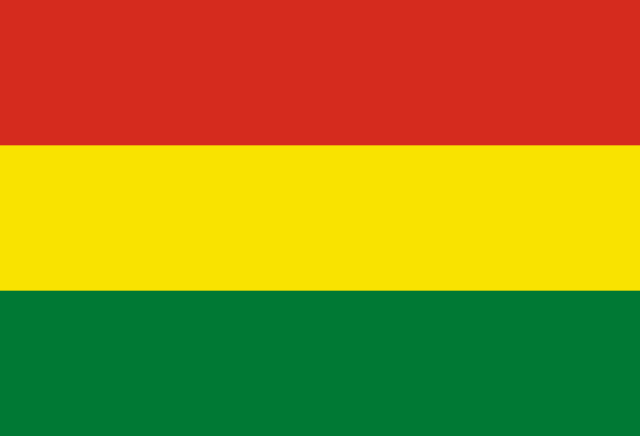Skip to Main Content
Bolivia



Disability Definition
According to the People with Disabilities Act (Law 1678), disability is defined as any restriction or lack, resulting from an impairment, of ability to perform an activity in the manner or within the range considered normal for a human being.
Reference: Monitoring the Human Rights of Persons with Disabilities in Bolivia
Legislation
General Law on the Disabled, Law No. 223: “The Law promotes the inclusion and equal treatment of and lack of discrimination against the disabled. It also guarantees the rights to have a family; to work; to health care; to special accommodations for accessibility; to education, and to political participation, among other rights.”
People with Disabilities Act (Law 1678): “The definition of Law 1678 is sufficiently broad to include those people who would not traditionally be considered to have a disability, including those with intellectual and mental disabilities.” It includes statutes that prohibit discrimination against people with disabilities in several sectors, including education, the workplace (article 9), health, and the provision of services, both in the public and private sectors.
Employer Legal Requirements
Supreme Decree 27477 – “regulates and protects the incorporation, advancement and labor stability of people with disabilities, establishing their priority employment status and stating that of all their staff, public institutions must hire an average of 4% of workers with disabilities, and they must create the conditions for these workers to perform their tasks.”
Accessibility Requirements
There are no laws that specifically address accessibility for disabled persons in the workplace.UN Standard Rules, Article 5: “States must recognize the global importance of providing access as a component of achieving equal opportunities in all spheres of society. For people with disabilities of any type, countries must:
- Establish plans of action to make the physical environment accessible.
- Adopt measures to guarantee access to information and communication.”
According to the 2022 Country Report on Human Rights Practices in Bolivia, “the law requires access for wheelchair users to all public and private buildings, duty-free import of orthopedic devices, and a 50 percent reduction in public transportation fares for persons with disabilities. The law also requires communication outlets and government agencies to offer services and publications in sign language and braille.”
Cultural Norms
“Cultural constructs are the main factor affecting disability rights. The lack of information and knowledge leads to stereotypes, prejudices, beliefs based on a social system that values “perfection”, and “beauty”, under highly exclusive conventional parameters”.
In Bolivia, poverty and disability go hand in hand.
Insights
According to an article by Disability Rights Promotion International (DRPI), “there are approximately 30,000 people with disabilities, with a large concentration (66%) living in the capital cities. Due to the higher level of poverty found in rural areas, these people have been forced to immigrate to urban centres in search of a better life.”
